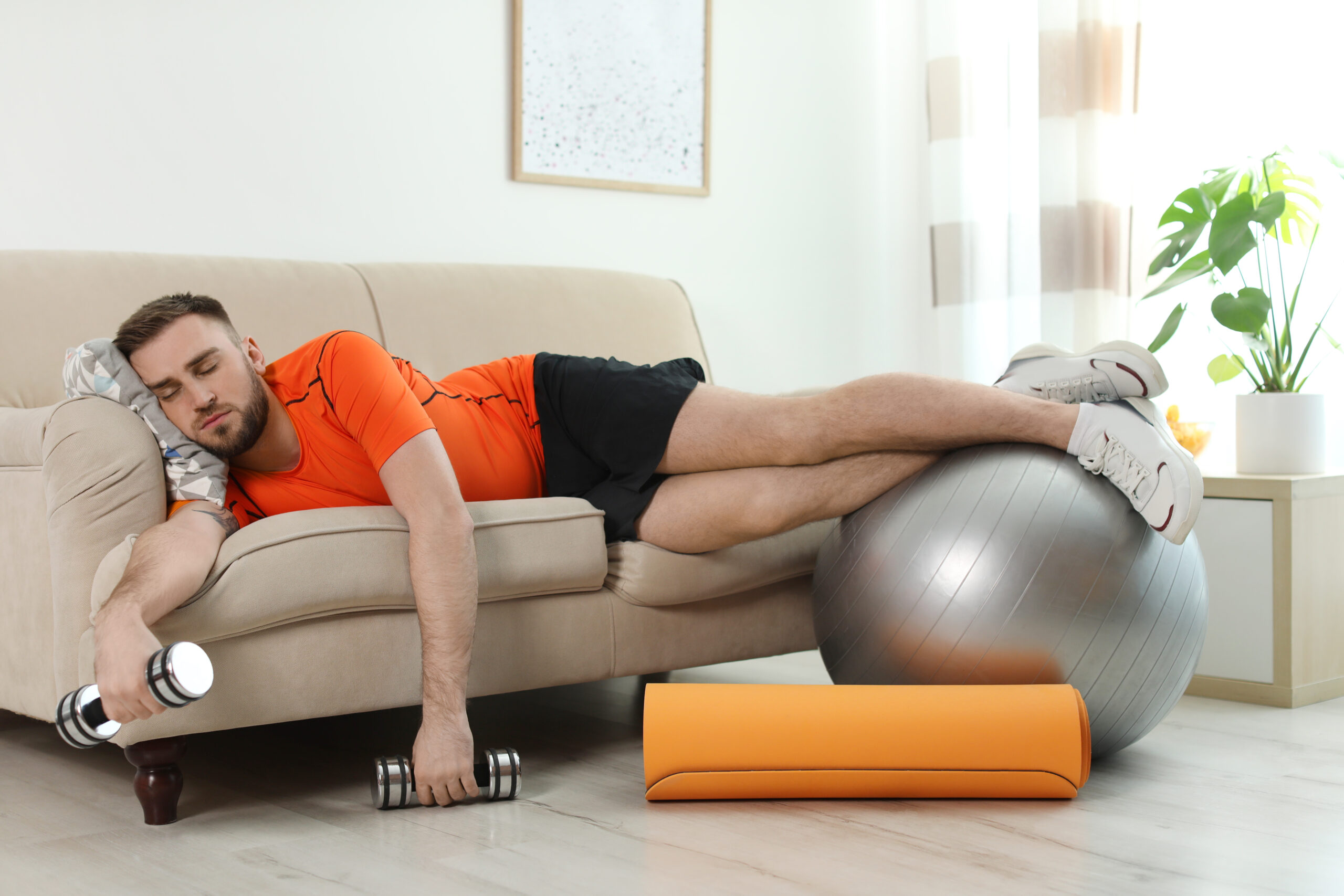
by Dr. Anthony Sacramento PT, DPT, CSCS | May 27, 2023
Fast recovery, mental and physical, is something we all want. Less soreness, less of a dip in your performance in training and in competition, and being able to do hard workouts day after day (3+ days in a row of J.O’s, Conference Championships, and NCAAs is no joke).
So, what’s the answer? What is the best and greatest recovery tool in your utility belt?
I’ll give you a hint…It’s not foam rolling, taping, or cupping.
Have you guessed it yet?
It’s Sleep!
Proper nutrition, hydration, injury management, and stress management are also important components of highly effective recovery, but today we will focus on sleep.
We’re going to go over the impact and necessity of sleep, how much of it you should get, what happens when you don’t get enough of it, and some tips and tricks to get more high quality sleep.
You ready? Here we go.
Part 1: Why You Need Your Sleep
Our bodies need sleep, and it’s absolutely critical for you as a gymnast and high performing athlete.
Sleep is the best time for your body to repair any muscles and tissues that might have be damaged during your workout, and recover from the mental and physical stressors of the day. It’s through this repair process that your muscles grow and become stronger so you can work hard again the next day which, ultimately, improves your athleticism and athletic performance.
In fact, a study published in 2011 of collegiate men’s basketball players showed that when the players got more sleep, their sprint times got faster and they were more accurate at free throw and three point shots.
Adequate sleep also has major mental recovery benefits. Getting enough high quality sleeps helps you manage stress, improves your mood, and enhances your learning and retention abilities. You might also find that when you’re well rested you’re more motivated. Sounds like a big win to me!
Part 2: How Much Sleep Do You Need
It’s probably more than you think and quite a bit more than you’re getting right now.
The NIH (National Institutes of Health) and National Sleep Foundation both recommend that if you are 13-18 years old you should be getting 8-10 hours of sleep each night, and if you are 18+ your goal should be a minimum of 7-9 hours.
Bottom line, you need your sleep, and a lot of it if you want to perform at your best.
Part 3: What Happens If You Don’t Get Enough Sleep
Frequently getting less sleep than you need can have some serious negative consequences to your health and gymnastics ability. Even one night of very poor sleep can show up in your gymnastics the next day. That’s a big problem when it comes to meet time. You only get one shot, so don’t throw it away because of any of your decisions that might lead to a bad night’s sleep.
Without enough sleep your body can’t recover well from your workouts and your neuro-immune system can’t function at it’s peak. This can result in:
- Being more likely to get sick
- Having a hard time focusing
- Slower reaction speed
- Impaired decision making
- Decreased strength
- Decreased power
- Decreased endurance
- Lower energy levels
- Slower recovery
- Increased risk of injury
- Increased sensations of pain
- Increased perceived effort and difficulty
- Decreased mood and motivation
That’s a big deal when your next routine might determine if you make the regional or national team.
Part 4: Tips, Tricks, and Hacks to Better Sleep
Now that you understand how important it is for you and your gymnastics to get a good night’s sleep, let’s talk about some strategies to help you get it. Because, it’s not just about quantity of sleep. It’s the quality that really matters.
There are a million different options here. The best choice is to pick the ones that work for you and that you can do consistently. Here are some of my top tips, tricks and hacks to better sleep:
- Have a bed time routine. When you do the same routine each night, you teach your brain that it’s about time for sleep and it will start to wind down, making it easier to fall asleep
- Try to go to bed and wake up at the same time each day (even the weekends!). Consistency is the best magic there is
- Turn off ALL electronics at least 1 hour before bed. Don’t just turn the blue light filter on. Turn it all the way off
- Do some deep breathing or box breathing exercises to calm yourself down and relax your mind. Mindful breathing is my go to and always has been, now and throughout my entire gymnastics career
- Keep your room cool, dark, and quiet
I hope you found this helpful and discovered some strategies that you’re ready to try and feel will work for you. If you take away just one thing from our time here together, then let it be this:
When you get enough sleep you’re faster, stronger, and more focused. In short, you’re a better gymnast when you get all your sleep in
Happy training and best of luck this season!! I’m really excited to have you as part of this Team and look forward to covering some other amazing topics together.
Bird, S.P., & Rushton, A.B. 2015. Sleep and athletic performance: The effects of sleep loss on exercise performance, and physiological and cognitive responses to exercise. Sports Medicine, 45(2):161-186.
Craven, J., et al., 2022. Effects of acute sleep loss on physical performance: A systematic and meta-analytical review. Sports Medicine, 52(4):1-22.
Mah, C.D., et al., 2011. The effects of sleep extension on the athletic performance of collegiate basketball players. Sleep, 34(7): 943-950.